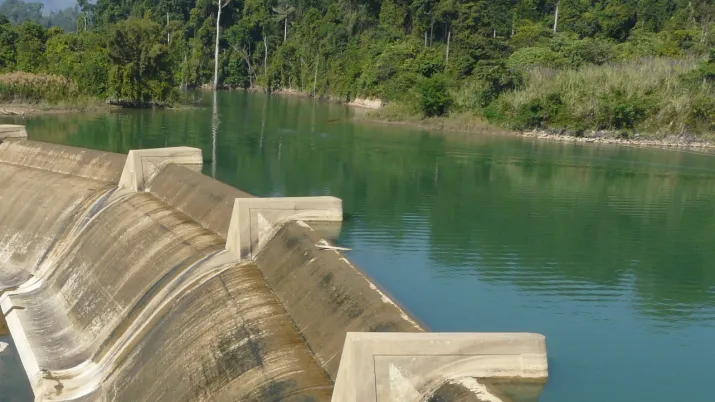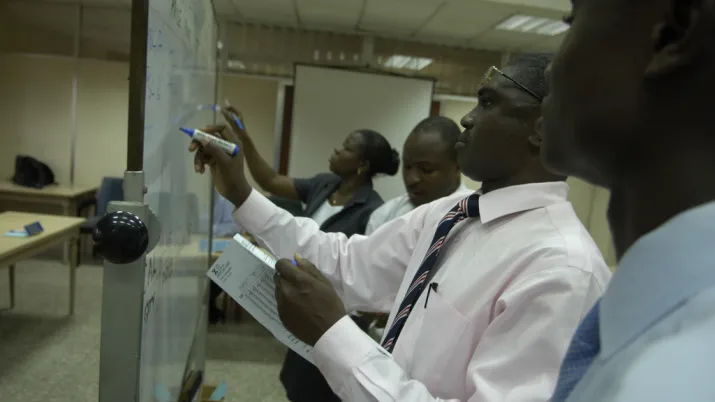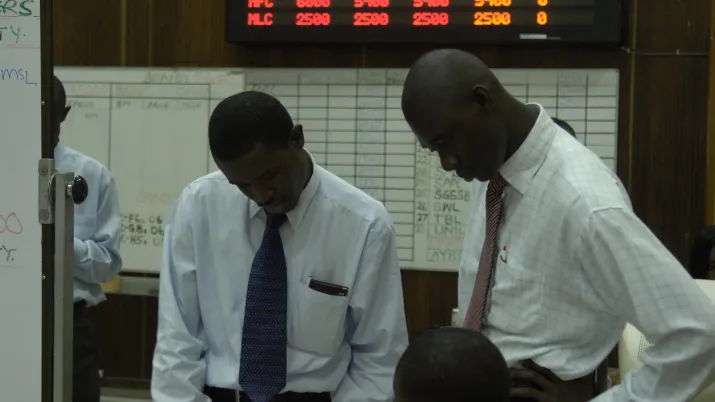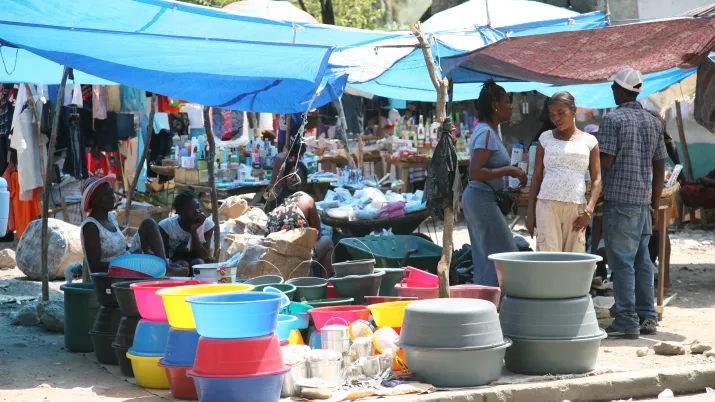News
IFC's approach to investing in tourism
Although tourism plays a key role for developing countries, investment projects in these countries carry a high level of risk. This risk can only be borne via a long-term commitment and rigorous proj...
Published on

Combining best practices and profit in tourism
In order to bring about economic growth, develop local human resources, as well as cultural and natural heritage – while reducing the ecological footprint of establishments to a minimum – the Serena H...
Published on

Tourism: a risk for developing countries?
If all its impacts are not integrated and regulated, tourism may carry risks, particularly for least developed countries. Although “internal”, “external” or “invisible” foreign exchange leakages can w...
Published on

Unlocking the potential of tourism in Zambia
Although Zambian authorities recognize the importance of tourism, the sector suffers from preconceived ideas. It is underperforming and only attracts 3% of tourists visiting Sub-Saharan Africa. And ye...
Published on

An unconventional but essential marriage: pro-poor tourism and the mainstream industry
Pro-poor tourism has had a significant impact on the ‘tourism and development' agenda, but is unlikely to become hegemonic. Its impact on broader development debates, the mainstream tourism industry,...
Published on

Clean energy investment funds: moving beyond magic formulas to sound risk analysis
Developing countries' clean energies are attractive for investors, yet there are few specialized local funds. Analytical tools are undoubtedly inappropriate and underrate four specific areas of risk:...
Published on

Barriers to private sector investment in the clean energy sector of developing countries
The preparation phase is essential in clean energy projects; it is also comparatively more costly, particularly in developing countries. Investment volumes continue to be insufficient as a result of t...
Published on

Investing in clean energy in developing countries: can it pay off?
The two clean energy companies set up by Aloe Private Equity in Asia have demonstrated that investment in clean energies in developing countries can indeed pay off. Whilst Greenko Group in India has s...
Published on

Can venture capital funds be a source of investment for clean energy SMEs?
The Multilateral Investment Fund finances clean energy projects led by small and medium-sized enterprises in developing countries. MIF's experience in Latin America highlights some prerequisites for t...
Published on

Scaling up private equity investments in renewableenergy in developing countries
To attract private investors, returns on renewable energy projects in developing countries must offset the risks that are taken. Incentive policies, promoting loans with affordable guarantees and prov...
Published on

The challenges of triggering private investment into the energy efficiency sector
If global targets to reduce greenhouse gas emissions are to be met, it is essential to scale up energy efficiency development. Yet several obstacles prevent investors from getting involved and it is i...
Published on

Renewable energies and energy efficiency: Beauty and the Beast
Policies to develop renewable energies and energy efficiency are essential in order to tackle the looming energy crisis. Although least developed countries enjoy real potential, the required transform...
Published on

Financial Development and Economic Growth: Stock Markets versus Banks?
Economic theories diverge radically on the role that banks and markets play in the development of a financial sector – and the link they have with economic growth. It is essential to answer these ques...
Published on

How Can Development Partners Support the Financial Sector in Africa?
Although Africa's financial sector was not severely affected by the 2008 crisis, the latter did however reveal its structural weaknesses – including the narrowness of markets and the low level of cred...
Published on

What Are the Determinants of Financial Market Development in Sub-Saharan Africa?
Sub-Saharan Africa's financial markets are generally immature and are widely characterized by their low level of activity and the domination of the banking sector. However, if a market and its economy...
Published on

Motives for a Multiple Listing on African Stock Exchanges: The Ecobank Experience
In 2006, Ecobank Transnational Incorporated launched a simultaneous public offering operation on three African stock markets. €is exceptional listing gave the group greater financial flexibility, a di...
Published on

Listing on African Stock Exchanges: Many Advantages and Few Drawbacks
The international hotel group TPS EA's listing on the Nairobi Stock Exchange enhanced its visibility and reputation and fostered its commercial development. Moreover, by opening its capital to the gen...
Published on

Popular Shareholding in Africa, both a Political and Financial Tool
Popular shareholding in the context of Africa would seem doomed to failure, yet it has now become a major development area for African financial markets. This type of equity ownership seems to have me...
Published on

Recent Evolution of the African Financial Markets
Financial markets play an important role in financing Africa's private sector. Their recent growth in strength is unquestionable despite the sudden standstill caused by the 2008 crisis: sixfold increa...
Published on

The Economic Impact of the Development of Mobile Telephony: Results from a Case Study in Haiti
Haitian data confirm that mobile phone development acts as an engine for economic growth, what consequently brings a number of social benefits. However, a large part of the population remains excluded...
Published on

